Now that we’re halfway through the year, it’s the perfect moment to explore the standout Linux distributions of 2024. Linux, an open-source operating system, is built on the Linux Kernel and incorporates GNU shell utilities, a desktop environment, applications, a package management system, and an X server. Its popularity eclipses other operating systems, thanks to its versatility, security, user-friendliness, and variety.
Linux caters to a broad spectrum of users with its myriad versions, each tailored to specific needs and work preferences. These versions, known as distributions, are freely available, underscoring their open-source nature.
- 10 Best Linux Server Distributions
- 5 Most Stable Linux Distributions
- 5 Best Linux Distributions that Looks Like MacOS
- 5 Best Linux Distributions To Replace Windows
In this article, we’ll delve into the top 10 Linux distributions out of more than 600 available, examining each for its intended use, advantages and drawbacks, features, and both system and user requirements.
MX LINUX:
MX Linux is the top list Debian-based mid-weight distribution, combined with an efficient and elegant desktop environment. It has fantastic stability and easy configuration. It is a perfect combination of modern, old, and fast operating systems. Moreover, it works smoothly for all types of applications and users. According to DistroWatch, the most reliable and up-to-date source for open-source operating systems, the MX Linux is the most downloaded operating system of 2024.
One should choose MX Linux because it has a simple and user-friendly interface with the Xfce desktop. It has an easy installation process, and because of its privacy concerns, it is very safe to use. In MX Linux’s latest version, two variants of Kernels are available. It comes with a great set of tools known as MX tools, specifically designed to provide ease to the user with better features like an MX installer that receives indications about password strength. Its interface and themes are beginner-friendly and easy to use. Moreover, it provides localizations for MX Linux various apps in different languages. Its new version MX 23.2, was released on January 22, 2024.
System Requirements:
The basic system requirements to install the MX Linux’s latest version are as follow:
- AMD processor or modern i486 Intel is required.
- 512 MB RAM is required.
- 5 GB hard drive space is required.
- An HDA-compatible sound card
- A live USB or CD/DVD drive
MANJARO:
It is an Arch Linux-based operating system. It is a user-friendly, easily accessible, free, and open-source operating system. It has different automatic tools which provide ease to the user by avoiding manual tasks and hence increase the performance of the system and user. Moreover, it is one of the most suitable operating systems for beginners because of its simple user interface and built-in practical graphical user interface applications.
It engages the users during their busy routine through update notifications, giving the complete user control over notifications and the system. This system can be used among different users by creating an account for each, as they can use their personal space and have permissions of their own on the system. This Linux distribution is appropriate for every category of people; that is why it is among the top distributions. Its new version, Manjaro 23.1.0, was released on December 16, 2023.
System Requirements:
The basic system requirements to install the latest version are as follows:
- 1 GB memory
- Hard drive space of 30 GB
- 1 GHz Processor
- Stable internet connection
LINUX MINT:
It is a free and open-source operating system based on Ubuntu. It has one of the best software managers, and it provides more than 30,000 packages. It has a very artistic user interface suitable for all those users who have just migrated from Windows to Linux. In the latest release of Linux Mint, we have various valuable features like system reports that give complete information about the system and reports.
It has an update manager through which users can install the latest updates like security and system updates. It uses minimum hardware resources, and thus it is fast and efficient. Users can use it as a gaming operating system by installing Steam; also, it has elegant background themes. The default desktop environment of Linux mint is cinnamon; however, the MATE and XFCE desktops are also available. The latest version, 21.3, was released on January 12, 2024.
System Requirements:
The basic system requirements to install the latest version are as follows:
- 1 GB RAM, but for smoother use, 2 GB RAM is preferable.
- Around 15 to 20 GB of disk space is required.
POP OS:
Among the top 10 best distributions, we have Pop_OS which is a Debian-based operating system with a G-Nome desktop. It has been created to provide ease to users by avoiding distractions on the desktop to give them an entirely focused work environment. This distribution is specifically for creative professionals who love to do experiments by using this distribution as a medium to unleash their potential. System 76, a Linux computer retailer, developed Pop_OS.
One of the best and most efficient facilities that Pop_OS provides to its user is automatic windows tiling, as it has decreased their workload by organizing data and arranging windows themselves. In addition, it has another fantastic feature of G-Nome extensions, which allows the user to manage and configure extensions on Pop_OS. The latest version, 22.04, was released on April 25, 2022.
System Requirements:
The basic system requirements to install the latest version, 20.10, are as follows:
- 2 GB RAM, but for a smooth experience, 4 GB is recommended.
- Hard disk storage of 16 GB
- A 64-bit processor
ENDEAVOUR OS:
Released back in 2019, it is the latest arch-based Linux distribution that names among the top 10 best Linux desktop distributions. This distribution is known as one of the best user-friendly distributions. It has removed the problematic task of going through a complicated guide installer and gives logical and practical solutions. This distribution has a welcome app for beginners to guide them throughout their journey of using the distribution, and it also updates according to the user requirements.
It supports various desktop environments, and users do not need an active and stable internet connection to install this fantastic distribution. The default desktop of Endeavour OS is Xfce, while the user can opt for any other Desktop Environment among the various options. Well, it is not recommended for Mac and Windows users to directly jump into this distro as there are many user-friendly distributions for newbies. The latest version of this distribution is 22.12 (Cassini) was released on 19th December 2022.
System Requirements:
The basic system requirements to install the latest version are as follows:
- 2 GB RAM, but for efficient experience, 4 GB is required.
UBUNTU:
This distribution is well known, and it does not need any introduction. It has been developed by Canonical after putting a lot of effort and devotion to make it a perfect and widespread distribution. This is the reason that now users can find it everywhere. The reason for its growth is that it is Debian-based user-friendly and the base for other distributions. Above all, it introduces a new and practical feature, “try Ubuntu,” where users can try it before installing the actual operating system.
Ubuntu comes with all necessary features and pre-installed applications to run according to the user’s needs. It is considered one of the most secure operating systems with built-in virus protection software and firewall. It is easily accessible for everyone and is translated into more than 50 languages to provide ease to users. It is the world of applications where users can find all necessary applications. Its latest Long Term Support (LTS) is 22.04 which was released on 21st April 2022.
System Requirements:
The basic system requirements to install the latest version of Ubuntu are as follows:
- 4 GB RAM
- 25 GB hard disk space
- 2 GHz dual-core processor
- Internet connection
DEBIAN:
It is one of the oldest Linux distributions, also known as the universal operating system. It has also served as a base for various other distributions. However, compared to today’s modern distros, it is considered a grandparent whose latest version provides over 59,000 packages that use high-quality deb format with various desktop environments.
It is free and open-source software that is popular among users because of its reliable and secure system. Different users use it on various devices, such as laptops, mobiles, desktops, and servers. It has an extended LTS for a few packages to support them for more than five years. It supports various hardware structures and a diverse range of devices from home routers to Raspberry Pi. Debian’s latest version, 11.6 Bullseye, was released on 17 December 2022.
System Requirements:
The basic system requirements to install the latest version are as follow:
- 2 GB RAM
- 10 GB hard disk space
- 1 GHz processor
ELEMENTARY OS:
It is one of the best-looking operating systems inspired by Apple, and it looks like MacOS. It is faster than Ubuntu, but as it is built on Ubuntu, it has inherited many features of the Ubuntu distribution. It is considered one of the secure operating systems as the LTS of Ubuntu was released before it. It has some fantastic features to keep the user focused on work, like Multitasking view and Do not disturb features.
It comes with a collection of practical applications for users’ daily needs, such as cameras, music, photos, mail, and many more. It has various options to organize data and files, and it also has some very beneficial options if users want to control the screen timings of children. It is user-friendly, but the keyboard shortcuts make the user a productive user no matter how professional users are. Elementary OS does not make deals with advertisements and never uses users’ data; in short, it does not compromise privacy and security. Its latest version is 6.1 released on 20 December 2022.
System Requirements:
The basic system requirements to install the latest version are as follows:
- 4 GB RAM
- Intel i3
- 15 GB SSD
- Stable internet connection
FEDORA OS:
This operating system was mainly sponsored by Red Hat, a derivative of IBM. The new Fedora 34, an open-source operating system, has five new editions for different types of users. From personal computers to servers, from cloud computing to IoT devices and immutable desktop specializations, it has covered every aspect of the user’s needs. In addition, fedora estimated its current user and announced that the founder of the Linux Kernel is one of the Fedora users.
The lifespan of Fedora versions is usually less, but it does not create interruption for users as they can upgrade the system from time to time without reinstalling it. Gnome is the default desktop, while Gnome shell is the default interface for users. It is considered one of the most secure operating systems to use because it provides very different security options; thus, it is so reliable and stable. Moreover, it is user-friendly which is why users feel its interface is attractive and easy to get. Its latest version Fedora 39 was released on November 17, 2023.
System Requirements:
The basic system requirements to install the latest version are as follows:
- 1 GB RAM at least
- 64-bit Processor
- Minimum 10 GB hard disk space
- Internet connection
OPEN SUSE:
It is known as one of the most adaptable Linux distributions in industries and the only Kubernetes management board. It allows the user to change the system according to their business requirement but not according to the contractual obligations of the system. Therefore, it is considered a flexible operating system for business as one of the primary purposes is to facilitate the business communities over 28 years and earn their trust.
It is one to fit in all sorts of operating systems by providing security and flexibility and a reliable source for users. With its multi-mode architectures and cloud-agnostic designs, users can easily modify their IT infrastructures. It is best for the users who migrate from development to production as the community of SUSE can help them a lot if they face any problems. It is appropriate for laptops, desktops, pc, servers, and netbooks. OpenSUSE has two releases, the standard release and the rolling release, which are known as leap, and tumbleweed, respectively.
System Requirements:
The basic system requirements to install the latest version are as follows:
- Pentium IV
- 2.4 GHz processor
- 2GB Memory recommended
Conclusion
Linux, renowned for its extensive array of features and user-centric attributes such as versatility, security, and diversity, stands as a prominent, free, and open-source operating system. With over 600 distinct distributions, Linux ensures there’s a version for every type of user, tailored to their specific work requirements. This piece has highlighted the leading 10 distributions for 2024, focusing on their performance, features, and unique qualities.

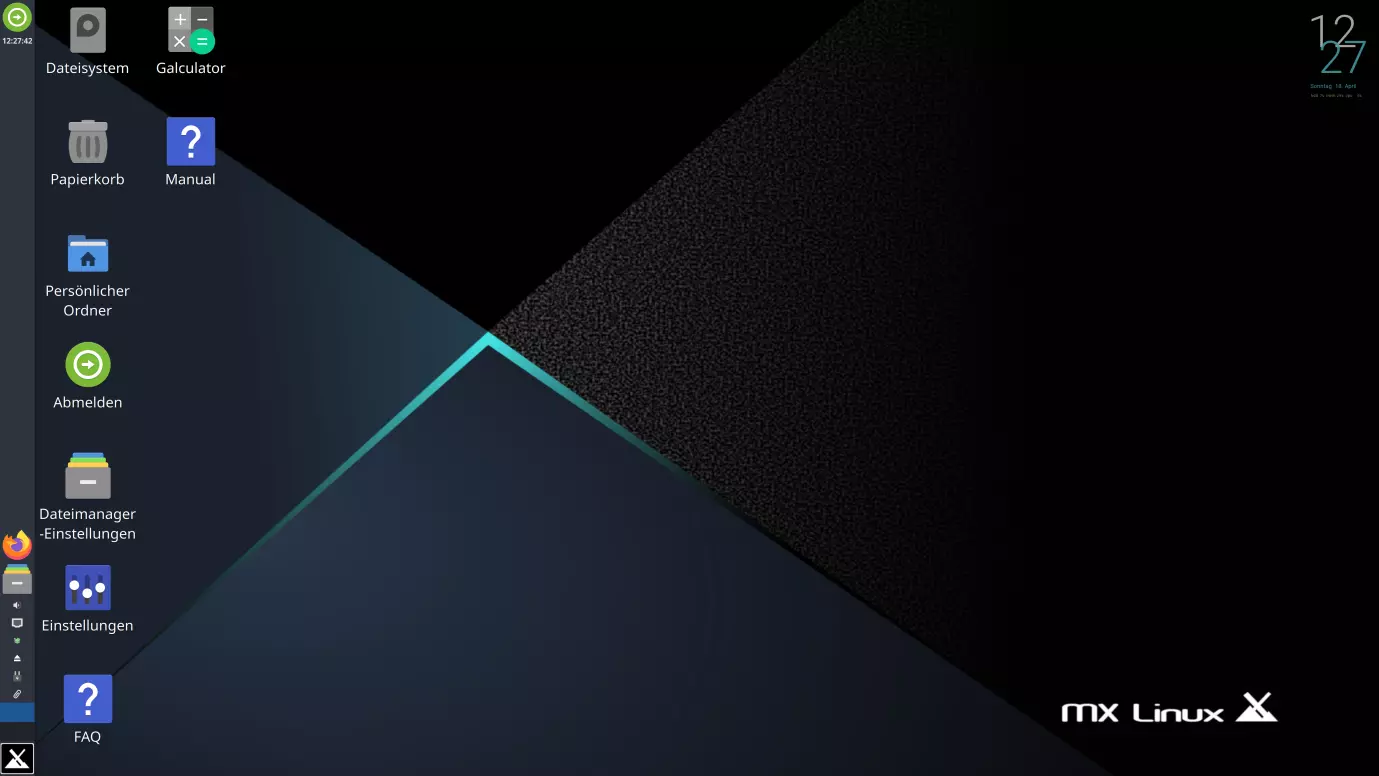
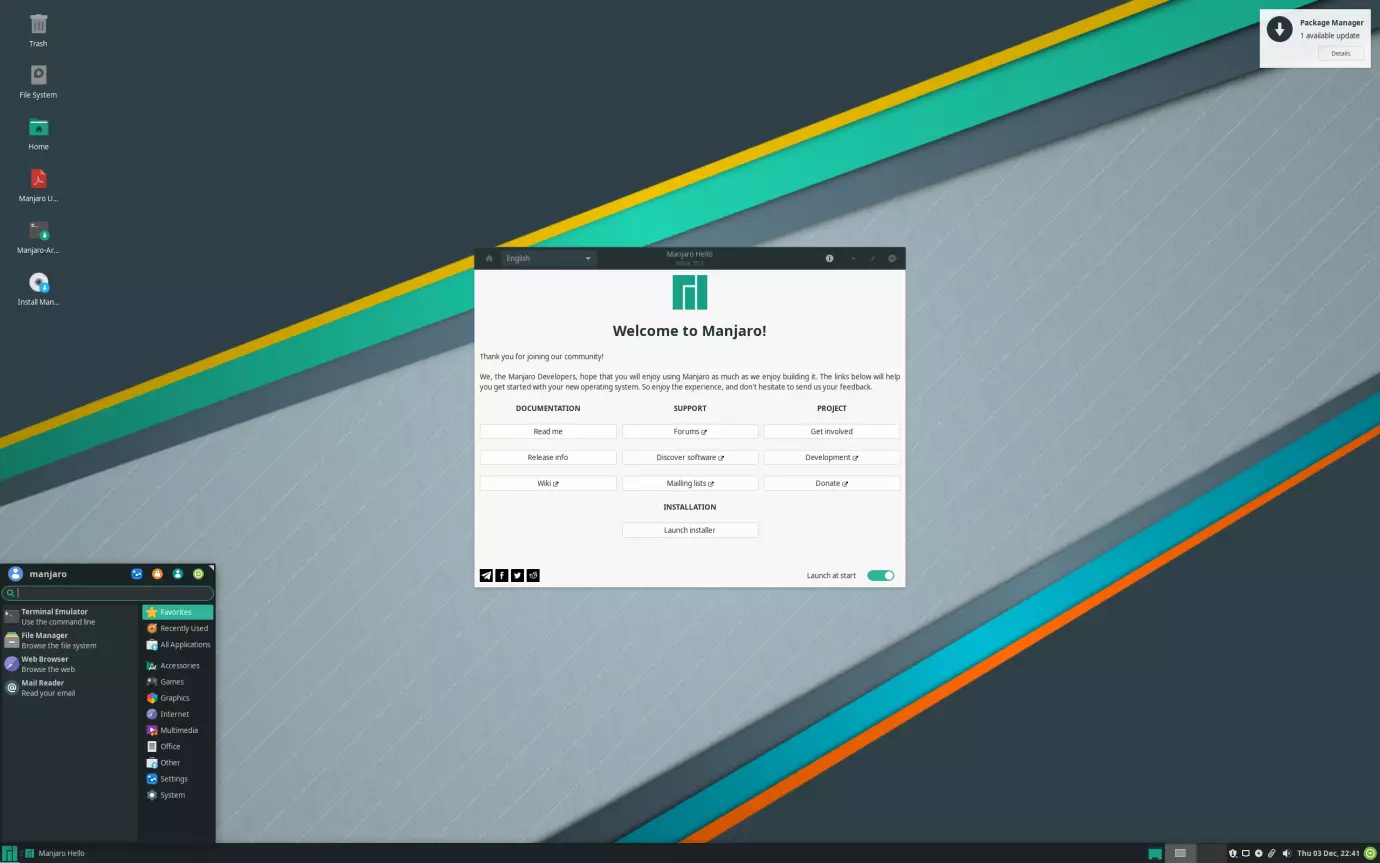
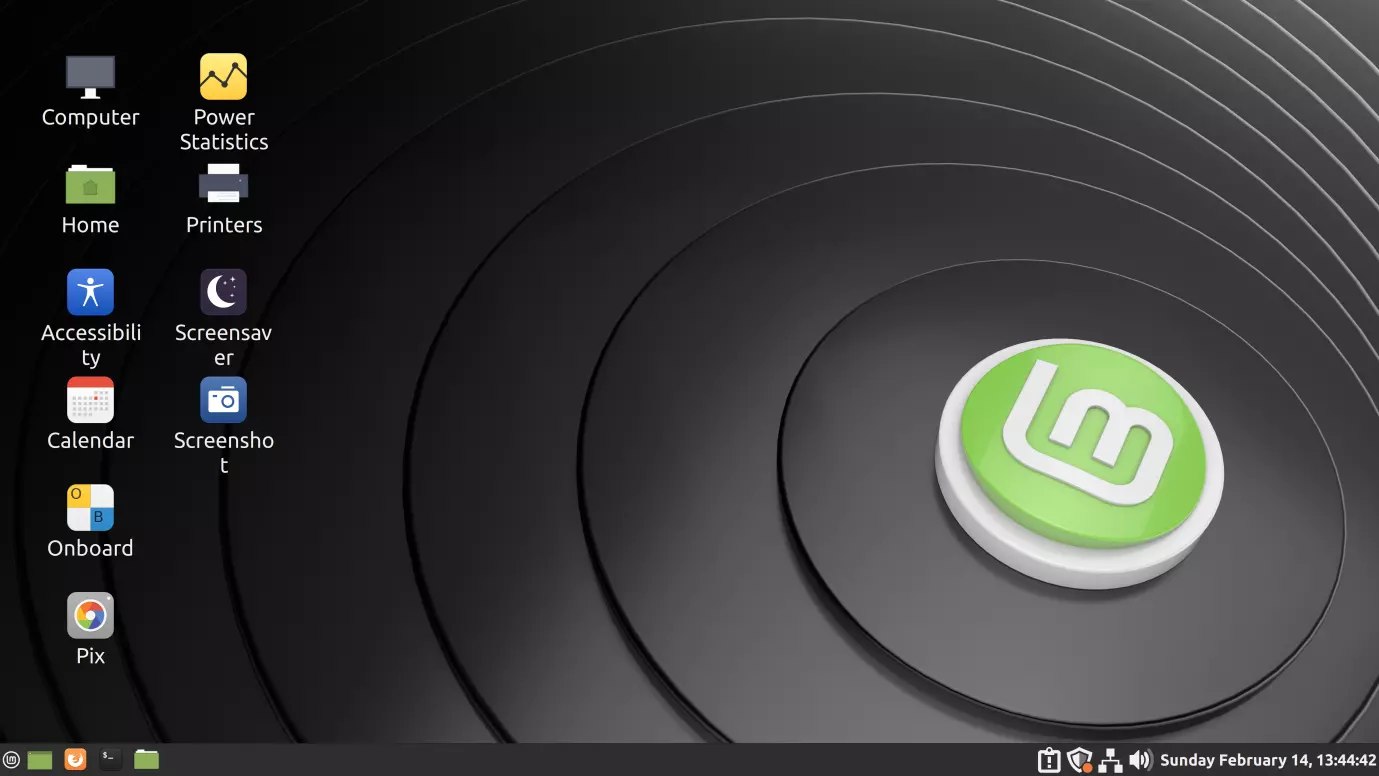
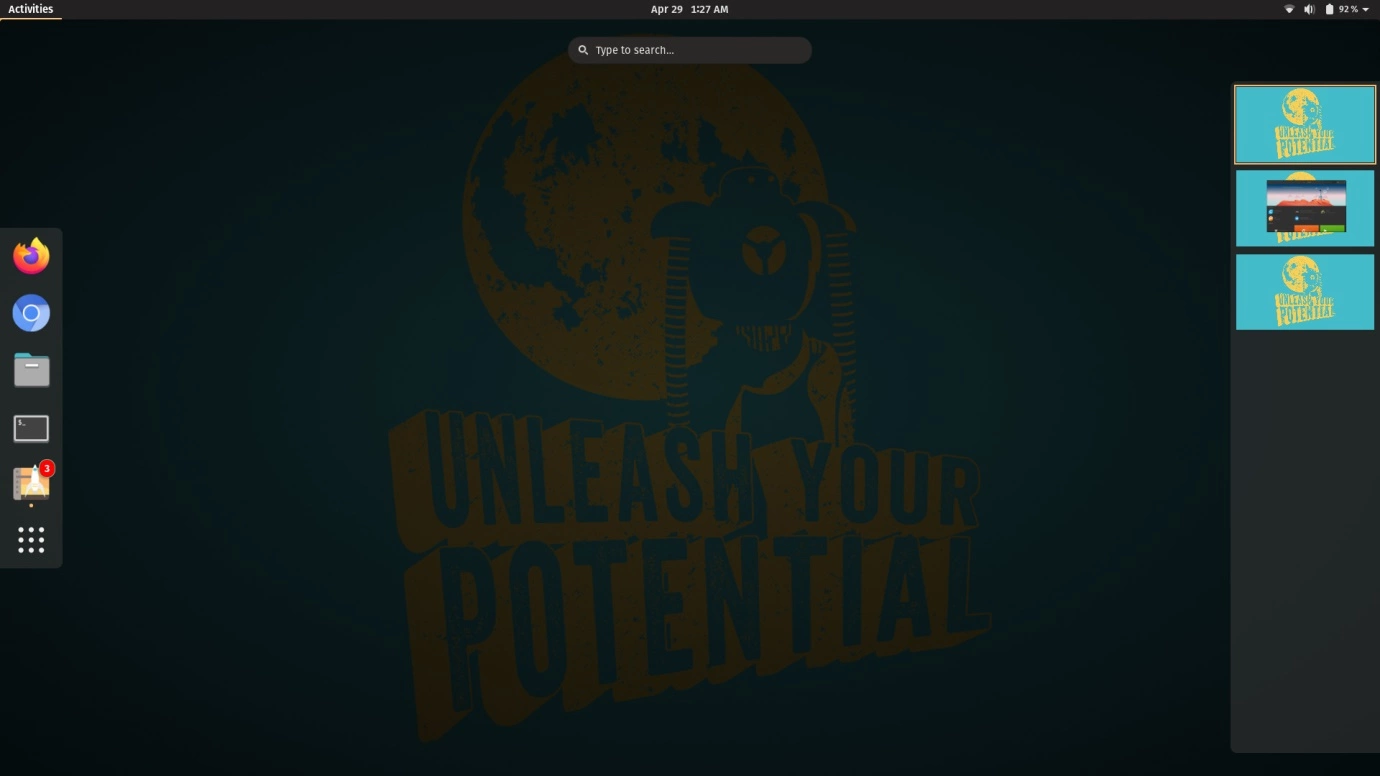
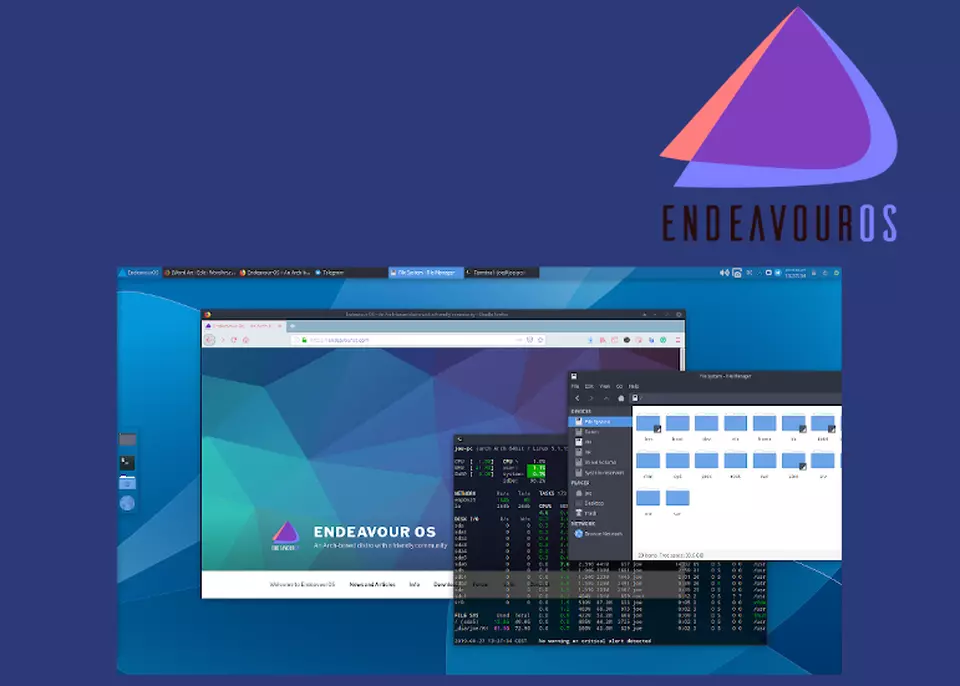

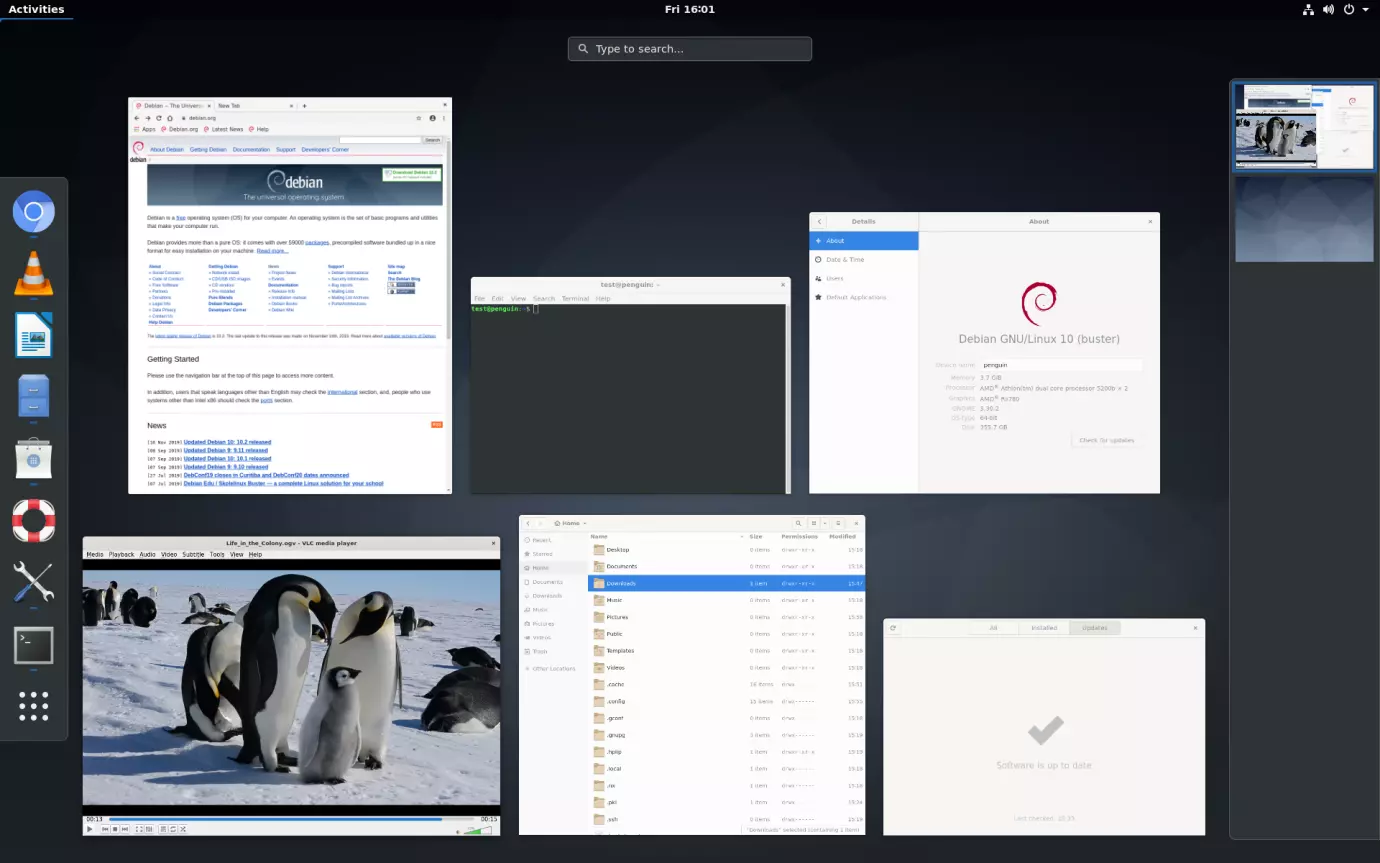
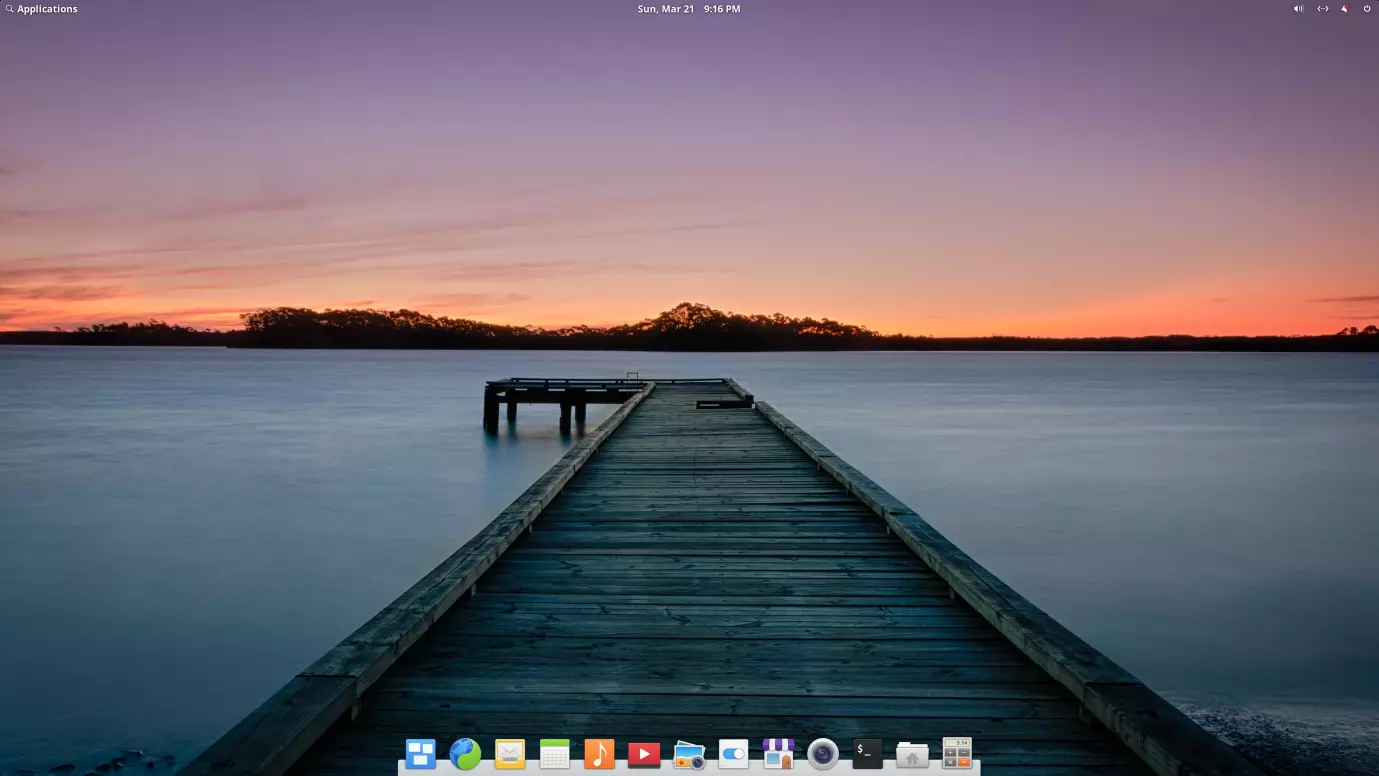

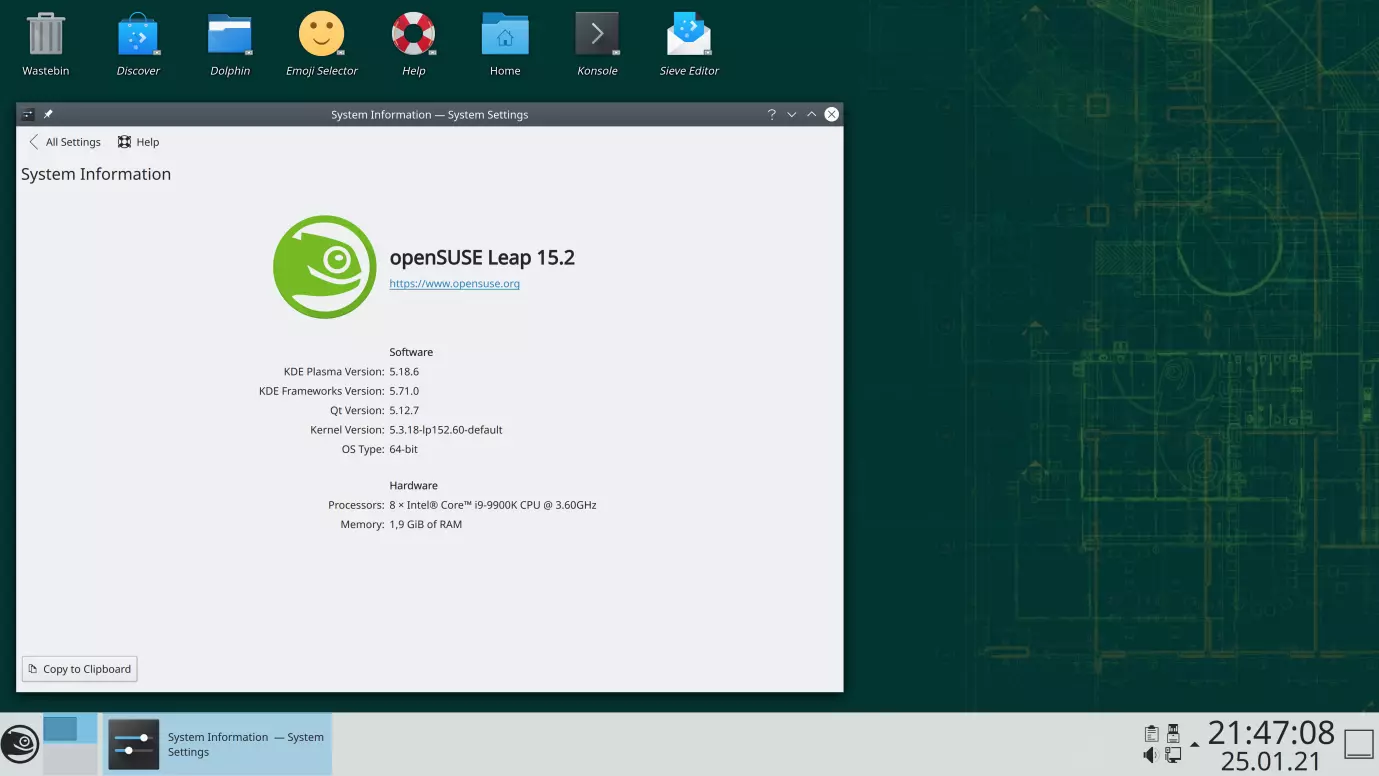
1 Comment
Faltó Mageia 8, es muy estable y con software actualizado.